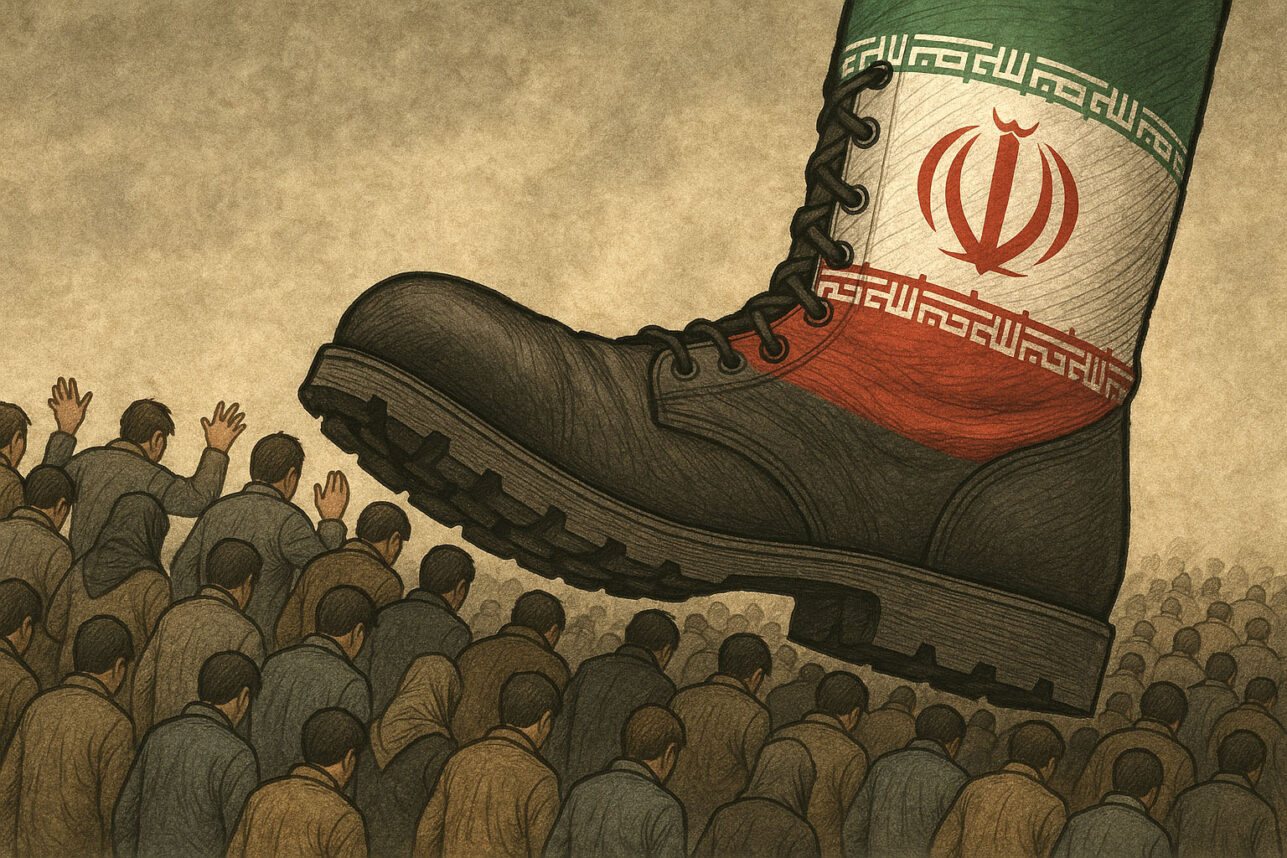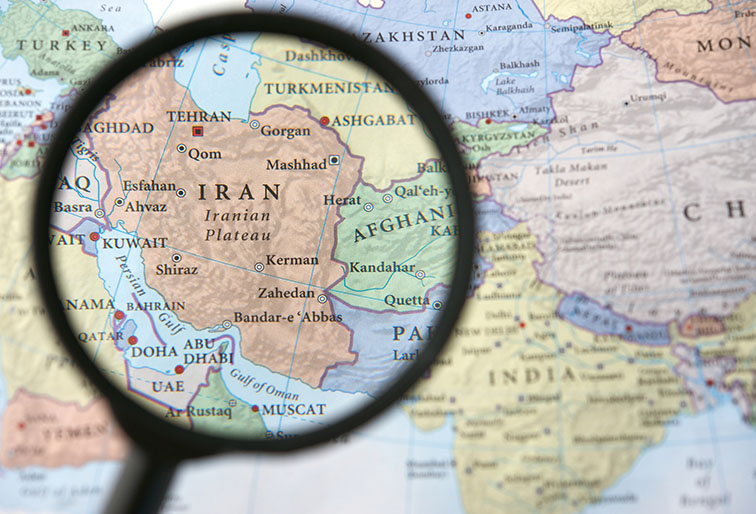
Hope is not a strategy.
The aphorism has been appropriated over the years by Hillary Clinton and Rudy Giuliani, by Mitt Romney and Madeleine Albright, by film director James Cameron and football coach Vince Lombardi. The association with one or more of the individuals on this list may devalue the concept for you altogether.
But while hope and optimism are essential components of a successful strategy, they do not comprise a sufficiently sturdy platform for any high-risk endeavor. As President Biden and his advisors plot their course through the turbulence of Middle East history, diplomacy and warfare in the months ahead, it is becoming increasingly worrisome that their emerging plan is relying excessively – and perhaps solely — on hope for its potential success.
Let’s applaud the Biden-ites for their confidence, and let’s agree that there are no easy answers for either resolving the Gaza conflict or fashioning a more responsible post-war governing structure. But let’s also recognize that the White House is currently placing a great deal of hope on some very thin geopolitical reeds for accomplishing these two goals. Optimism is always welcome (and in exceedingly short supply in that part of the world these days), but let’s also test Biden’s thinking for its realism too.
In the days since the collapse of the weeklong truce, the president has clearly decided to dramatically ramp up U.S. pressure on Israel to increase its humanitarian efforts and develop more attention to protecting non-combatants as their offensive into Southern Gaza escalates. But Hamas embeds its terrorists within civilian populations and uses schools, hospitals and mosques to disguise its weaponry. No American or Israeli military leader has been able to satisfactorily explain how any efforts to protect Gaza’s residents will not at the same time make it easier for Hamas to avoid detection.
These are two admirable goals: Protect the people of Gaza who are not involved in the fighting while successfully prosecuting a war against a band of terrorists, murderers and kidnappers. But pursuing either of these goals lowers the chances for success of the other, and there is no obvious strategy for increasing protections for civilians without simultaneously compromising efforts to neutralize Hamas.
Once the war does conclude, the makeup of a governance structure for Gaza is even murkier. Israel wants no part of an ongoing stewardship for the area, given the economic and security risks that would be required. Egypt and other Arab nations have just as little interest in taking on the responsibility, recognizing that Hamas and its Iranian allies would happily designate them as a hostile occupying presence. Which leaves us with vague allusions to how the United Nations and/or Palestinian Authority would somehow step into such a demanding leadership role — a task for which neither organization has previously shown even the slightest ability to effectively assume.
The most likely outcome is some type of multi-national consortium, funded by Saudi Arabia and other gulf nations and ostensibly led by a Palestinian Authority (PA) front group with little credibility and less influence. But the PA is widely (and correctly) viewed as ineffectual and corruption-ridden, is not trusted by either Israel or Hamas, and would quickly be undermined by both. Once again, the only apparent fallback plan is hope.
A similar challenge confronts Biden back here at home. As he prepares for his reelection campaign, one of his greatest challenges has been his inability to motivate young people, Black and Latino voters and other progressive interests.
A similar challenge confronts Biden back here at home. As he prepares for his reelection campaign, one of his greatest challenges has been his inability to motivate young people, Black and Latino voters and other progressive interests. These are precisely the same groups who are most virulently opposed to his support for Israel, and the pro-Palestinian protests that are now a regular feature of his campaign events will only continue to grow.
The president’s advisors admit that the divisions within the Democratic party regarding the Middle East are creating a challenge for his campaign. But they point to these same voters’ anger over abortion rights and distaste for Donald Trump as sufficient incentive to convince them to turn out next November. Or so they hope.
Dan Schnur is the U.S. Politics Editor for the Jewish Journal. He teaches courses in politics, communications, and leadership at UC Berkeley, USC and Pepperdine. He hosts the monthly webinar “The Dan Schnur Political Report” for the Los Angeles World Affairs Council & Town Hall. Follow Dan’s work at www.danschnurpolitics.com.


































 More news and opinions than at a Shabbat dinner, right in your inbox.
More news and opinions than at a Shabbat dinner, right in your inbox.